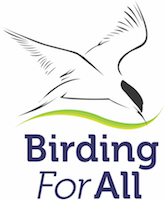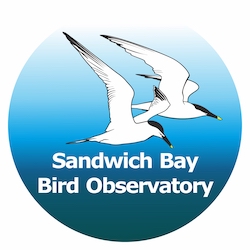GOB 110 – Have I got it wrong?
This article first appeared in Birdwatching Magazine November 2018
I last ate meat in 1983. My loosely defined form of vegetarianism was mostly a political decision… if less people ate meat more of the world’s people could be fed. I continued to eat fish which, back then, were still wild and hard won. Domestic animal welfare was never a big issue for me, except that farmed animals should not be treated cruelly.
Over the years I’ve seen farming intensify and so caring less for the animals, the soil and the planet in general.
Fish-farming seemed an improvement on factory fishing that vacuumed up anything that swam, ruined the seabed and turned what could not be eaten into fertilizer or left it dead in the water. Long-line fishing threatens seabird extinction and ‘by-catch’ is cetacean catastrophe. But now we know that salmon farming in Scottish sea-lochs sours the sea and sickens the wild population. Meaning my fish consumption has declined.
Milking herds that never see a field and de-beaked birds producing salmonella-tainted eggs has edged me toward joining the 5% of Brits who are now Vegan.
But wait… palm-oil plantations are swallowing vast tracks of rainforest. Mono-culture maize is grown at the expense of every other living thing; so bathed in herbicides and pesticides that they are just a slow sort of suicide. Even my fast-food veggie burger is wrapped in a GM cereal bun with a garnish of acid-bathed salad!
Thus, it appears that I am escalating the use of fungicides and fertilisers; herbicides and pesticides. So have I got it all wrong?
Maybe. I’m not about to start eating meat again, but then I’ve never advocated a meat-free world, just one that eats a lot more fruit and veg and culls a lot fewer cows and codfish.
I’ve always advocated organic farming, because it keeps cultivated land in good heart for centuries without harming the wild-world. What has recently become clearer to me is that sustainable forms of livestock farming can restore soils and biodiversity, and even reduce the carbon footprint. Apparently, the use of avermectins (anti-worming agents that are routinely fed to livestock) is another assault on soil health. We all know that veterinary antibiotics is driving bacterial resistance, but they also kill plenty of ‘good’ bacteria too. Free roaming cattle leave their dung to feed invertebrates including dung beetles, as well as fungi and bacteria and that could restore our impoverished ecosystems by returning nutrients and structure to the soil. The survey of one re-wilding estate with cattle found 23 species of dung beetle in a single cowpat! Their birds number rocketed as they feed on insects attracted to the ‘healthy’ dung. That estate also has a free-roaming herd of pigs which root out their food thereby restoring many native plants thought lost.
What I also didn’t know is that pasture that has angelica, fumitory, shepherd’s purse, bird’s-foot trefoil and other ‘weeds’ reduce methane emissions because they contain fumaric acid, a compound that, when eaten by stock reduce their gaseous digestive discharges, to put it politely.
A few years back gardeners were being encourage not to dig over the soil and so get better veg. It turns out that the constant cultivation of inorganic farming not only depletes soil structure but actually adds to carbon emissions.
It goes against the grain (sorry) to admit it, but balanced farming, which includes crop rotation and organic animal husbandry is better than a totally meat-free world.
Rich world meat consumption still needs to be drastically reduced to stop forest clearance, wildlife loss and to keep us all healthier. However, a vegan world has its dangers too.





